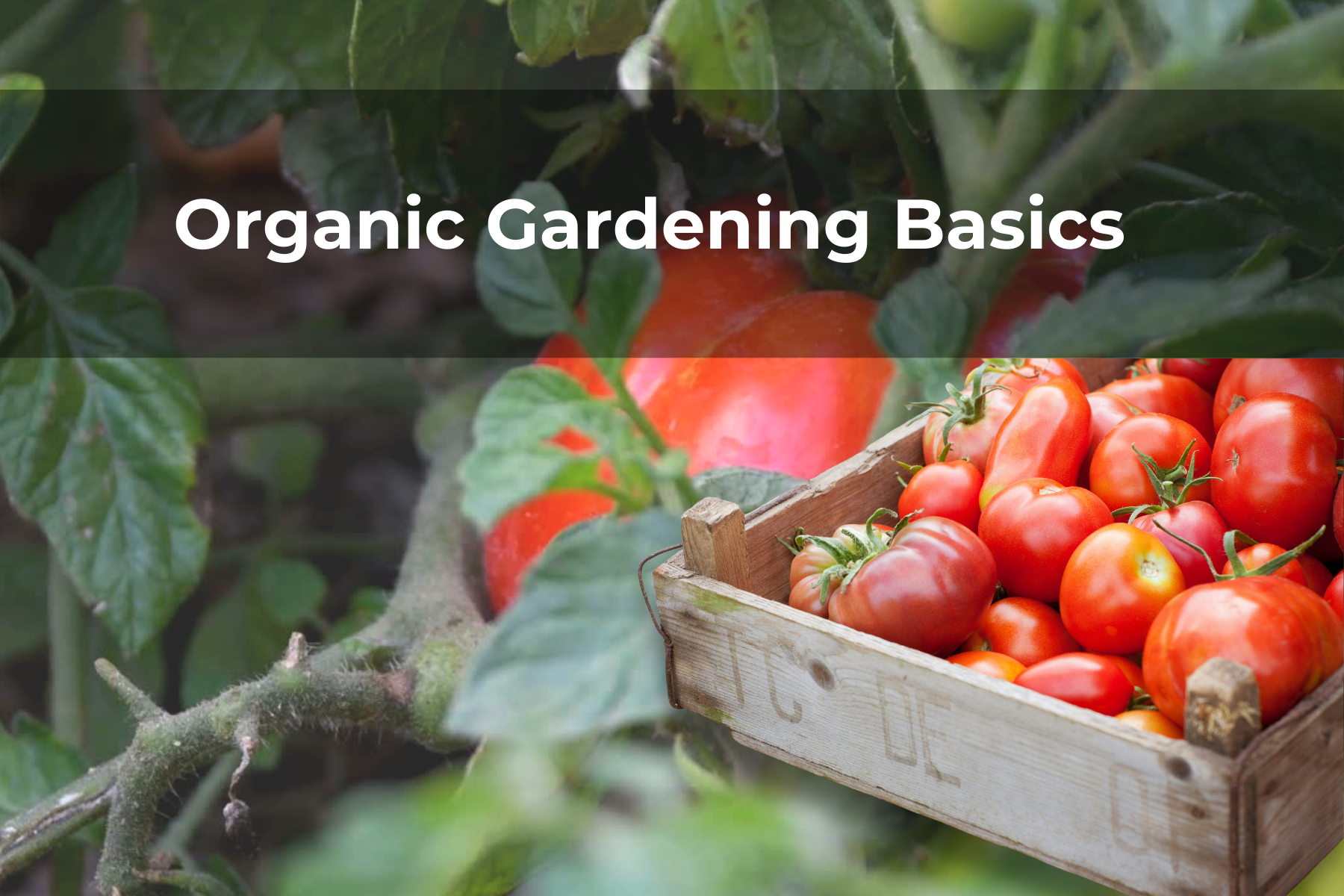Last Updated on April 11, 2024 by Real Men Sow
In this Organic gardening basics, we will show you how to cultivate plants without synthetic pesticides and synthetic fertilizers. Instead, organic matter such as compost, grass clippings, and other types are used to nourish and feed the soil and help vegetables and plants grow.
Organic gardening is often about focusing on the health of the entire natural system. This includes plants, animals, and insects as well as soil and water. The whole-system approach to gardening allows for the gardener’s natural balance and harmony to be maintained by replenishing depleted resources. These are the main considerations when organic gardening is practiced.
Organic Gardening Basics – The Soil
Organic matter is essential for maintaining a healthy garden. It helps soil retain and hold water. Organic matter can be added to soil or used as a topping layer in your garden. This will add nutrients to your garden and encourage microbial activity. It can also influence soil structure.
Compost can be used to make organic matter. You can also make your own compost at-home. You can also add manure, leaf mold, peat moss, and leaf mold to your garden’s soil.
Organic matter can be found in the form of compost. This is made from leaf and grass clippings taken from your property, food scraps and decaying plants. You can also add manure, peat moss, leaf mold, and mushroom soil to your garden. The soil will retain moisture if it is mixed with compost. A top layer of mulch will also help to reduce runoff.
Choosing the Plants to Grow
Native plants are usually easier to grow than invasive species and take up less space. Native plants also attract pollinators to your garden. Researching native plants can be done online by reading, asking growers or farmers in your area, buying seeds at a local farmers’ market or using the Plant Hardiness Zone Map.
Organic Gardening Basics – Watering
Early in the morning is the best time to water your garden. This is before the sun rises and the winds pick up. This time of day is ideal for minimizing water loss through evaporation, and allows plants to be more resilient to the harsh sun rays. Late afternoon is the best time to water. Take your time and water slowly. Don’t worry about the visible buds or flowers.
Disease and Weeds
A healthy mulch covering can help minimize weeds. If weeds do grow, you can use your gardening gloves to remove them by hand. Rotating the crops in your garden each season is a natural way to prevent weeds.
Remove any diseased plants from your garden. You can take a small portion of the plant out of your garden and cut off the diseased parts. Then, replant the plant in a pot to check if it is healthier. If in doubt, act immediately. The best way to keep weeds out of your garden is to be vigilant.
Organic Gardening Basics – Pest Control
You can grow a healthy garden without pesticides. Attracting beneficial insects to your garden and property is a natural way to keep pests away.
Don’t be unrealistic about your expectations. You will likely encounter pests in your garden. It is important to keep pest populations low in your garden. If you spot an aphid on your plant, you can either brush it with a gardening glove, or spray it with water. You can also try other methods to get rid of pests in your organic garden if this doesn’t work.

